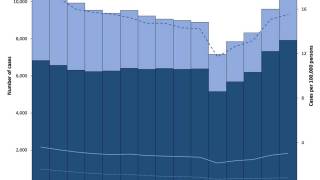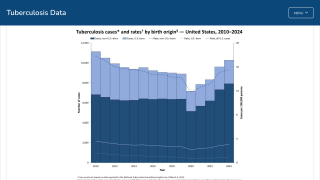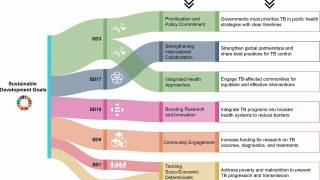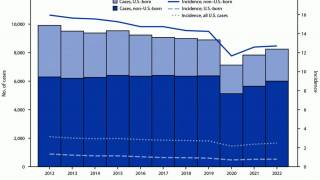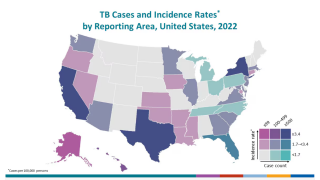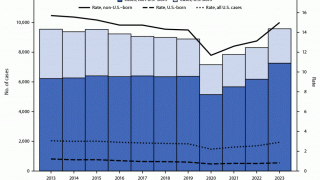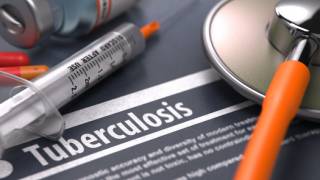$18 Billion Needed to Defeat HIV, Malaria, and Tuberculosis
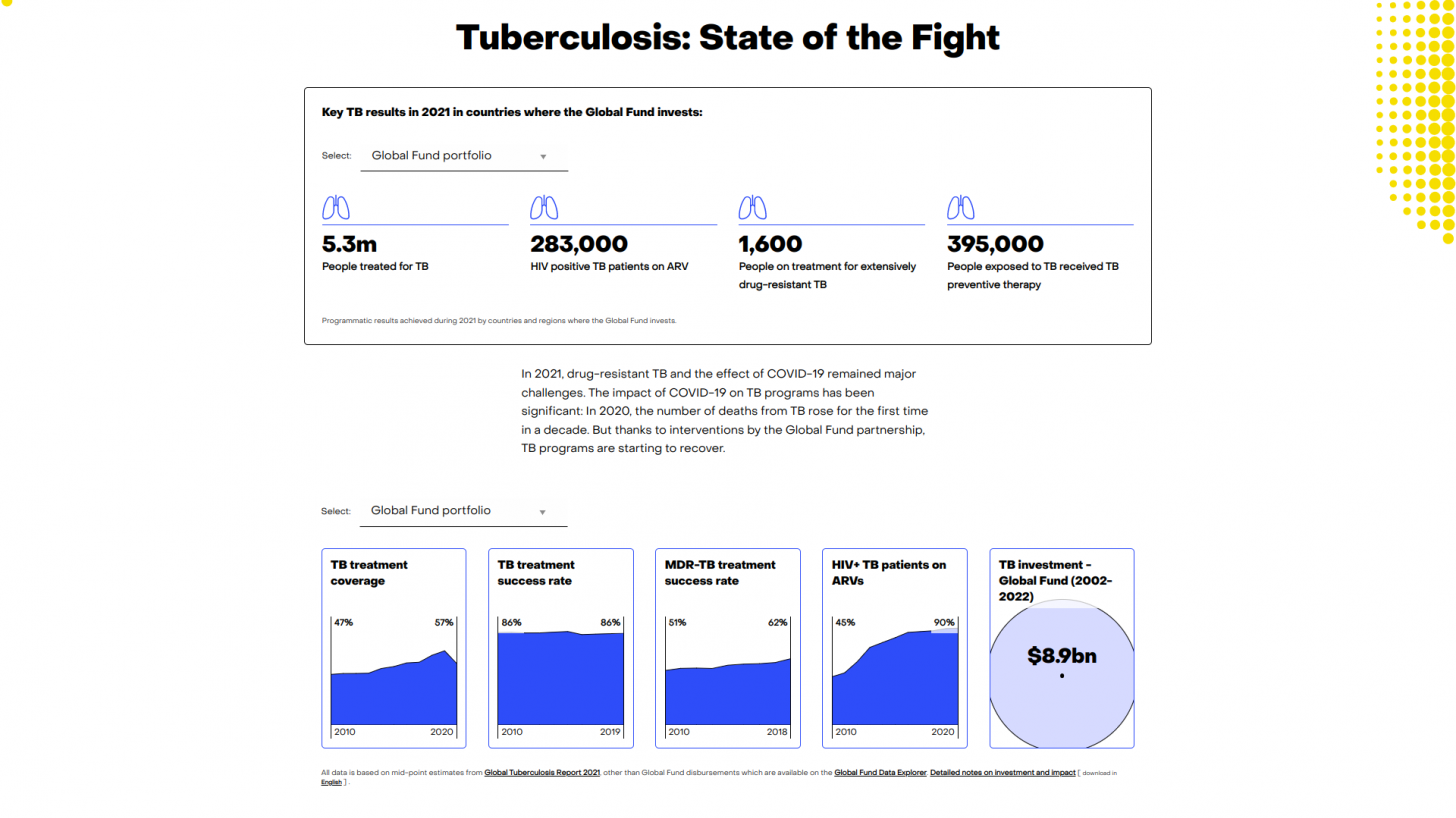
The Global Fund’s 2022 Results Report released today indicates a significant rebound for programs working to defeat HIV, tuberculosis (TB), and malaria.
In 2020, the COVID-19 pandemic had a devastating impact on the fight against these three diseases.
When the pandemic hit countries where the Global Fund works, the partnership rapidly mounted a response to deliver additional resources.
Since March 2020, the Global Fund has invested more than US $4.4 billion to fight the pandemic and mitigate its impact on HIV, TB, and malaria.
This year, the new Global Fund report shows those investments paid off, and recovery is underway.
“By working together, the Global Fund partnership has saved 50 million lives over the past two decades, proof that global commitment and community leadership can force the world’s deadliest infectious diseases into retreat,” said Peter Sands, Executive Director of the Global Fund, in a press release issued on September 12, 2022.
“Although most countries that fight HIV, TB, and malaria have started to recover from the ravages of COVID-19, we need to accelerate our efforts if we are to fully recover lost ground and get back on track towards ending these diseases by 2030.”
Decades of experience fighting HIV, TB, and malaria allowed many low- and middle-income countries to respond to COVID-19 using the same laboratories, disease surveillance, community networks, trained health workers, and supply chains already in place.
Key results for 2021 in countries where the Global Fund invests include:
For HIV:
- 23.3 million people received lifesaving antiretroviral therapy for HIV, continuing the trend of a rising number of people on treatment for the virus.
- 69% of people living with HIV had a suppressed viral load.
- 12.5 million people reached with HIV prevention services, including 5.8 million people from populations most at risk and 6.1 million young people – recovering the ground lost in 2020 when prevention services had dropped.
For Malaria:
- 280 million suspected cases of malaria tested, registering significant gains in efforts to ensure all people who may have malaria are diagnosed.
- 148 million cases of malaria were treated, continuing the recovery in efforts to ensure all people who are diagnosed with malaria are treated swiftly to prevent deaths.
- 133 million mosquito nets were distributed to protect families from malaria. Additionally, 12.5 million pregnant women were provided with preventive therapy for malaria, saving women’s lives and preventing adverse birth outcomes.
For TB:
- 5.3 million people treated for TB; 110,000 people treated for drug-resistant TB – putting us on a trajectory of recovery following the sharp drops in 2020. One person with active TB can spread the disease to as many as 15 people in a year.
- 395,000 people in contact with TB patients are provided with preventive therapy, ramping up our efforts to prevent people at the highest risk of TB from progressing from TB infection to disease.
- 283,000 HIV-positive TB patients were put on antiretroviral drugs. TB is the leading cause of death among people living with HIV.
Furthermore, the best defense against TB is a very old vaccine.
The initial BCG vaccine was developed in 1921. The BCG vaccine was initially targeted against tuberculosis, tuberculosis meningitis, and nonspecific protective effects against other respiratory tract infections.
However, recent research suggests that BCG vaccination has nonspecific benefits against non-tuberculous infections in newborn babies and older adults and offers immunotherapeutic benefits in certain malignancies, such as non-muscle-invasive bladder cancer.
The BCG vaccine is generally available in most countries, except the USA, where TB has been eradicated. BCG is only considered for people who meet specific criteria and in consultation with a TB expert.
BCG vaccination should only be considered for children with negative TB tests.
“In 2002, the world came together and created the Global Fund, a unique partnership of governments, civil society, private sector, and communities."
"In these challenging times, that level of global commitment is needed once again to get back on track and achieve good health and well-being for all by 2030.”
“Our goal is to raise US $18 billion next week at our Replenishment Conference and save another 20 million lives over 2024-2026,” concluded Sands.
Vax-Before-Travel publishes research-based travel vaccine news curated for international travelers.
Our Trust Standards: Medical Advisory Committee

